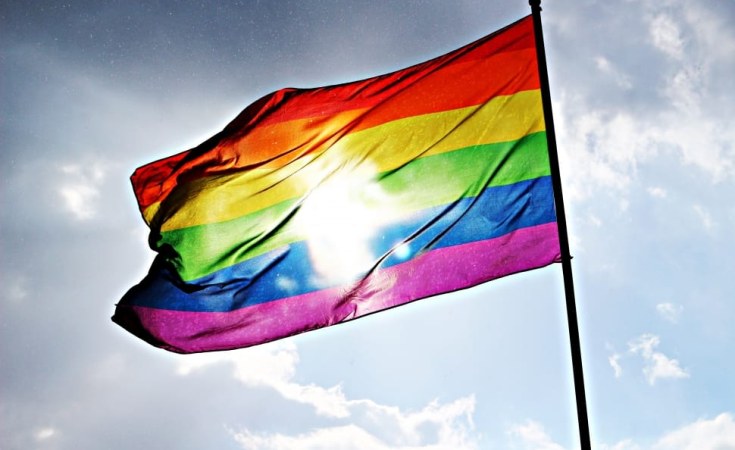Uganda's Constitutional Court on Wednesday refused to overturn the country's sweeping anti-LGBTQ (Lesbian, Gay, Bisexual, Transgender and Questioning) law.
The Anti-Homosexuality Act, which took effect last May, says, "Engaging in acts of homosexuality" is punishable with life imprisonment.
The law also imposes the death penalty for what it calls "aggravated homosexuality," including sexual relations involving people infected with HIV, as well as sex with people categorized as vulnerable, including minors and the elderly.
The law's passage drew international condemnation, with the World Bank halting any new lending to Uganda and the United State imposing visa and travel restrictions against Ugandan officials.
Although the Constitutional Court upheld the law, it struck down several provisions because they violated the right to health and privacy.
Ugandan gay rights activist Frank Mugisha told The New York Times that the petitioners would appeal the decision to uphold the law to the Ugandan Supreme Court. He said the justices on the Constitutional Court were "swayed by the propaganda from the anti-gay movement."
Homosexuality was already illegal in Uganda under a colonial-era law criminalizing sexual activity "against the order of nature." Activists say Uganda's LGBTQ community has been subjected to numerous abuses since the law took effect, including eviction, arrest and even assault.
The law's passage also set off a wave of similar anti-homosexual laws across Africa as many of its countries consider homosexuality as imported from other nations.
Some information for this report came from The Associated Press and Reuters.


